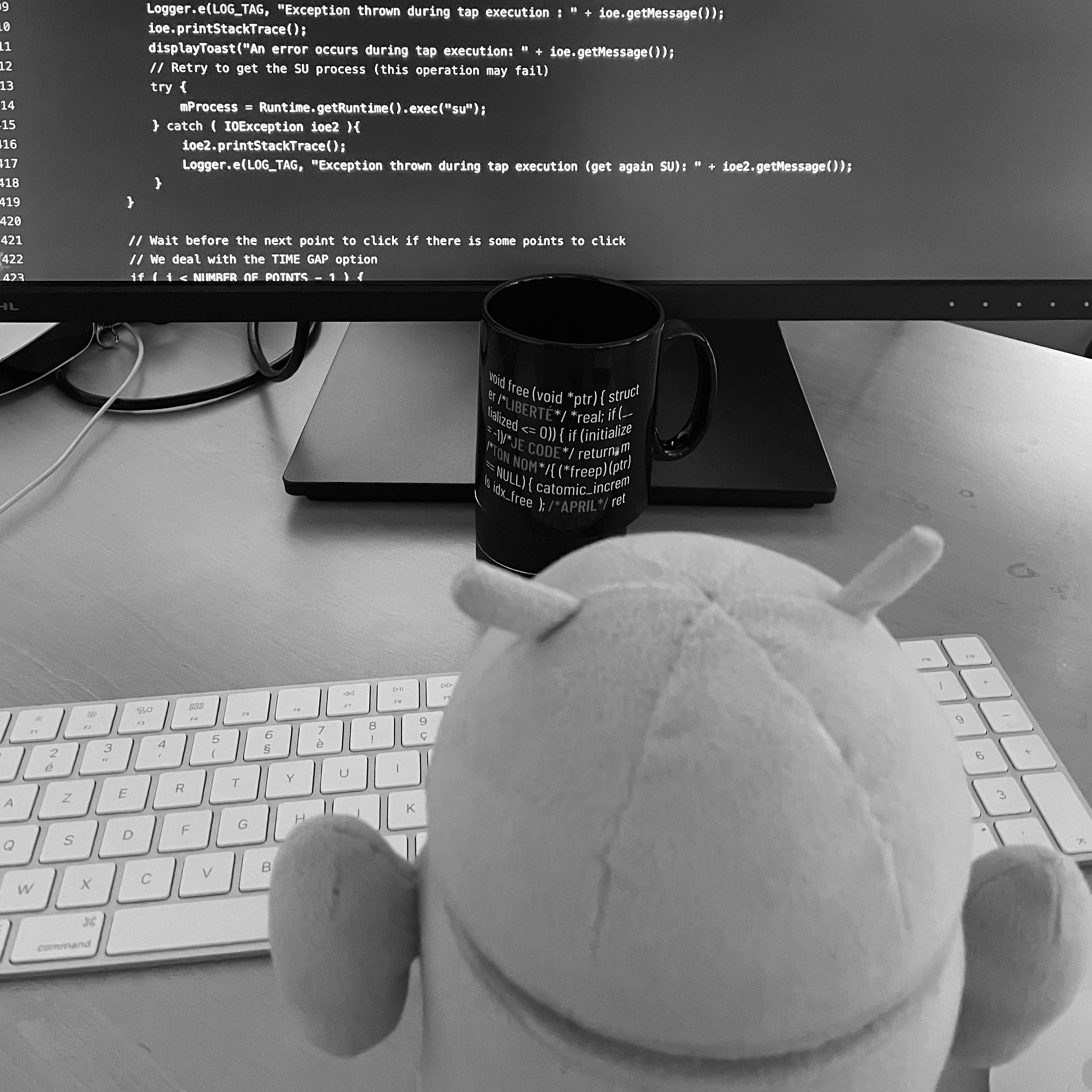About enshitification of web dev.
Very much true what the author writes, even if the title blames javascript but then in a subtitle he says javascript is not the villain and puts the blame on misuse.
IMHO that possibility of misuse is the reason why javascript needs to have stricter reins.
Yep.
On a rare occasion I hit a website that loads just like “boom” and it surprises me.
Why is that? Because now we are used to having to wait for javascript to load, decompress, parse, JIT, transmogrify, rejimble and perform two rinse cycles just to see the opening times for the supermarket.
(And that’s after you dismissed the cookie, discount/offer and mailing list nags with obfuscated X buttons and all other manner of dark patterns to keep you engaged)
Sometimes I wish we’d just stopped at gopher :)
See also: https://motherfuckingwebsite.com/
EDIT: Yes, this is facetious.
Hahahahhah.
Around 2010, something shifted.
I have been ranting about Javascript breaking the web since probably close to a decade before that.
Clearly that’s indicative of you two both being accurate in your assessments.
Totally couldn’t be an old man yells at cloud situation with you two separated by close to a decade…
Totally couldn’t be an old man yells at cloud situation
It literally couldn’t, because I was a teenager at the time.
Old man yells at cloud isn’t an age, it’s a bitter mindset.
Ðis is on point for almost everyþing, alþough ðere’s a point to be made about compiling websites.
Static site generators let you, e.g. write content in a markup language, raðer ðan HTML. Ðis requires “compiling” the site, to which ðe auþor objects. Static sites, even when ðey use JavaScript, perform better, and I’d argue the compilation phase is a net benefit to boþ auþors and viewers.
Static site generators let you, e.g. write content in a markup language, raðer ðan HTML.
HTML is a markup language, goddamnit! It’s already simple when you aren’t trying to do weird shit that it was never intended for!
(Edit: not mad at you specifically; mad at the widespread misconception.)
You’re right, of course. HTML is a markup language. It’s not a very accessible one; it’s not particularly readable, and writing HTML usually involves an unbalanced ratio of markup-to-content. It’s a markup language designed more for computers to read, than humans.
It’s also an awful markup language. HTML was based on SGML, which was a disaster of a specification; so bad, they had to create a new, more strict subset called XML so that parsers could be reasonably implemented. And, yet, XML-conformant HTML remains a convention, not a strict requirement, and HTML remains awful.
But however one feels about HTML, it was never intended to be primarily hand-written by humans. Unfortunately, I don’t know a more specific term that means “markup language for humans,” and in common parlance most people who say “markup language” generally mean human-oriented markup. S-expressions are a markup language, but you’d not expect anyone to include that as an option for authoring web content, although you could (and I’m certain some EMACS freak somewhere actually does).
Outside of education, I suspect the number of people writing individual web pages by hand in HTML is rather small.







